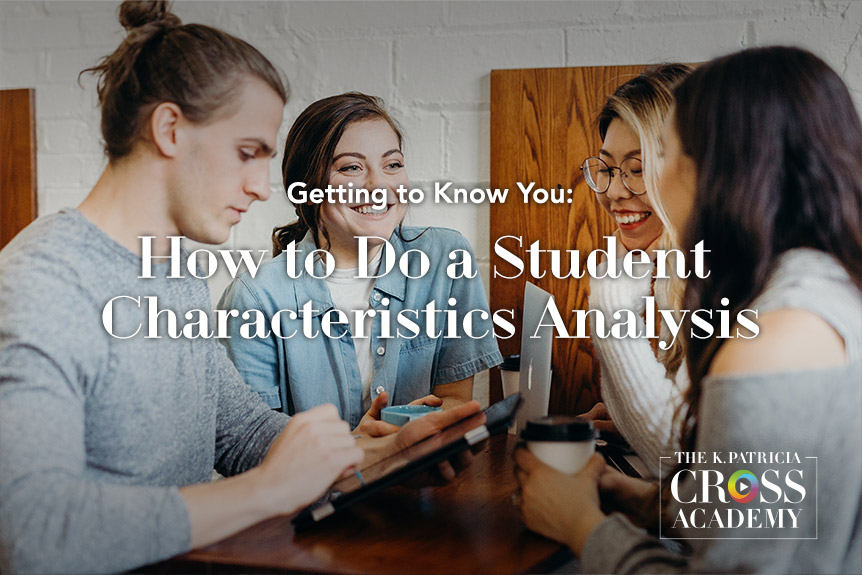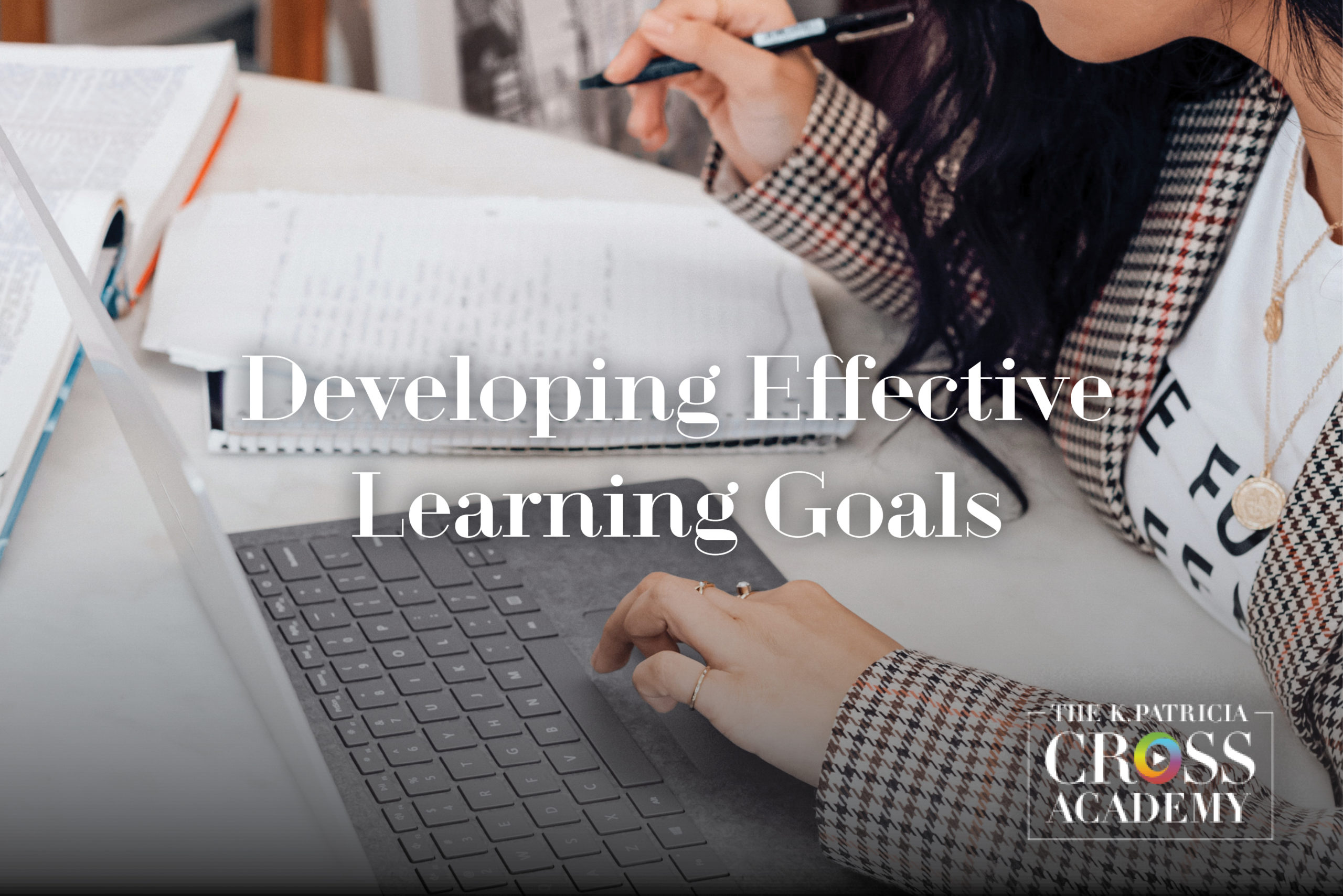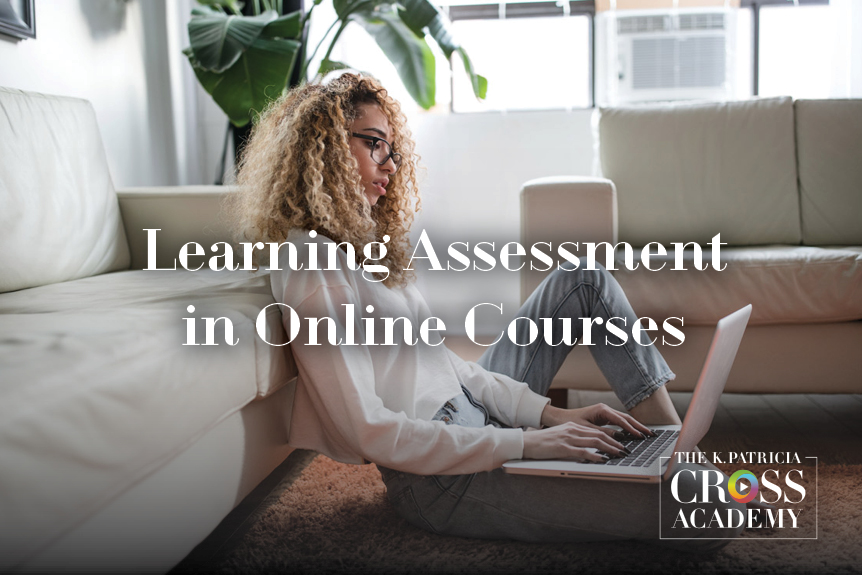CrossCurrents Library
CrossCurrents is an electronic publication that offers articles on a wide range of topics related to teaching and learning in higher education. Through engaging content that encourages exploration and reflection on best practices, innovative pedagogies, and emerging trends in higher education, we try to help college teachers successfully navigate the challenges they face in today’s complex classroom.
Featured Collections
Topics

Just as effective public speakers acknowledge the importance of knowing their audience, so do effective college teachers understand the importance of knowing essential characteristics about their students. Students’ intellectual, social, and emotional traits influence the effectiveness and efficiency of their learning. Understanding these characteristics helps ensure a good fit between what you are trying to teach and what students are

While identifying goals for our courses may not always be on the top of our to-do lists, clarifying where we are going helps us to determine how we will get there and how we will know when we have arrived. In this blog, we focus on setting SMART Lecture-Learning Goals that can help you clarify what you want students to learn from a single lecture.

Much of the literature about teaching and learning stresses that teachers should articulate their learning goals as well as their objectives and outcomes. Learning goals allow you and your students to focus on what they are supposed to learn. When learning goals are explicit, they will guide students’ decisions on where to focus effort as well as to illuminate what

Faculty who have recently begun teaching online often ask: “How will I know that my online students are learning when I can’t see them?” The short answer to this question is assessment. At its most fundamental level, assessment is the action of appraising the quality of something. In teaching, assessment is used to appraise the knowledge, skills, attitudes, and beliefs

“Any fool can know. The point is to understand.” ~Albert Einstein Instructors have many important decisions to make about what to teach, how to teach it, when to review, when to move on, and so forth. We are better able to make important instructional decisions when we have good information about whether and how well students have learned to base these
